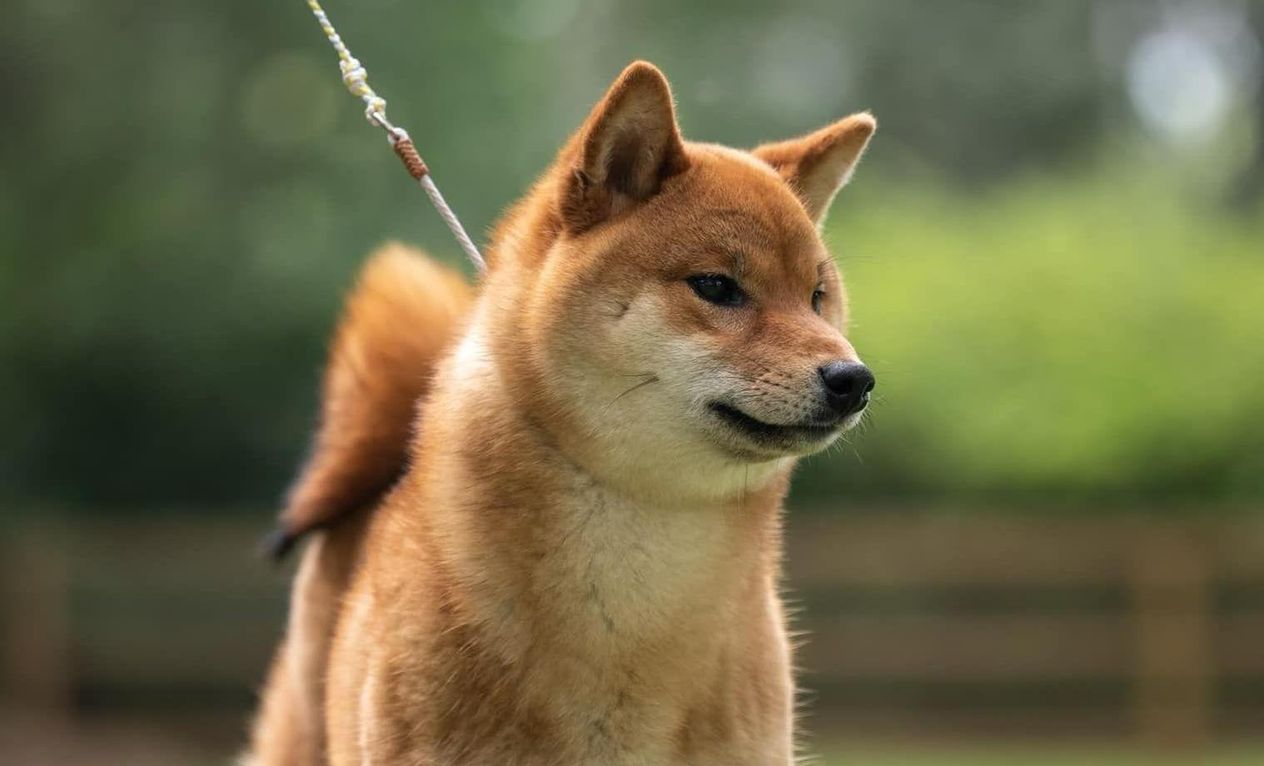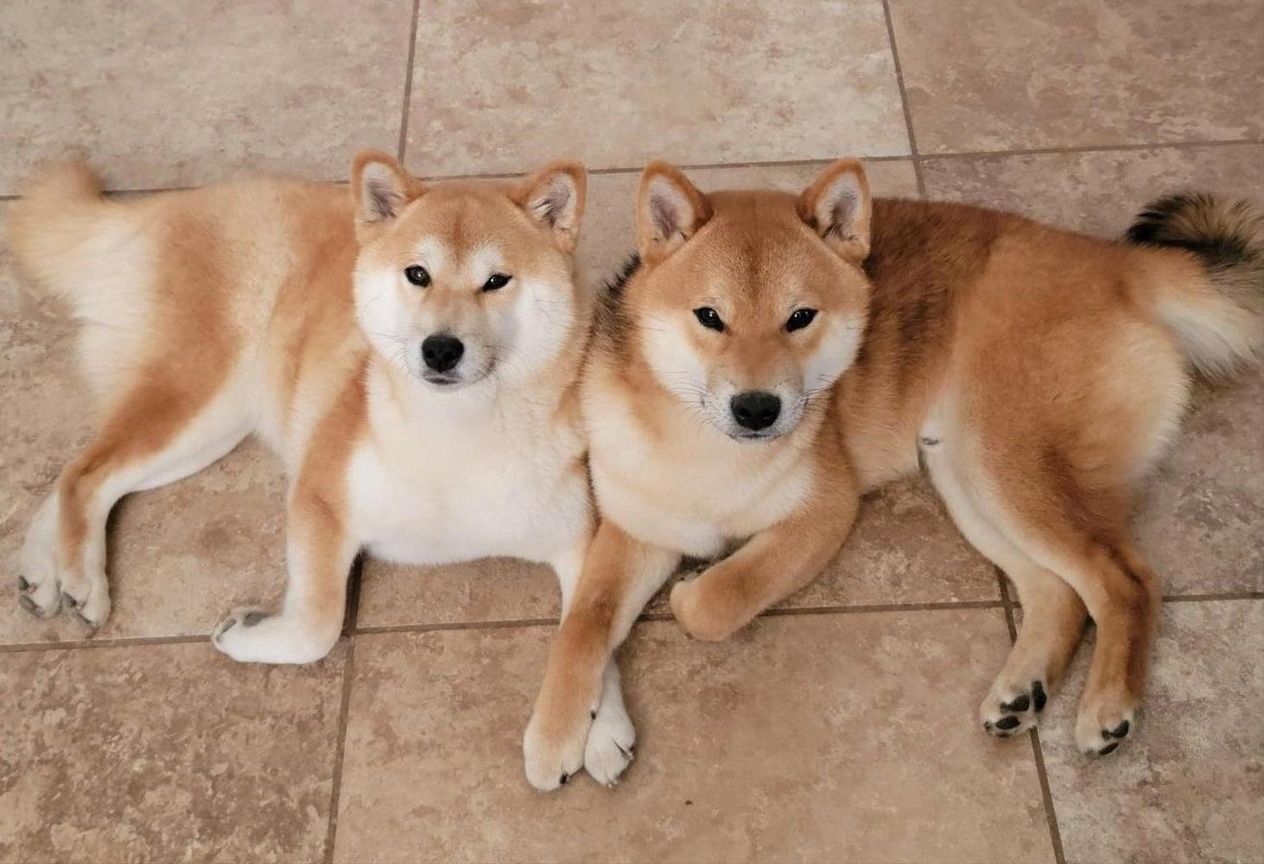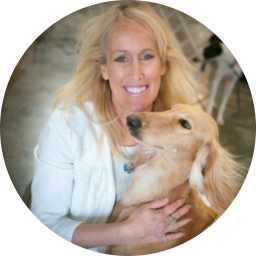Get to know
Shiba Inu

Veterinarian reviewed
Prepare to be amazed—although not always in the way you want. A Shiba Inu (Shiba for short) is ready to make your life interesting, and at times, frustrating.
Browse available puppies
Connect with reputable breeders to find the dog of your dreams
At a glance
Moderate Energy
Energy level
3/5
Low Maintenance
Grooming
3/5
Medium
Size
Bold, mischievous
Temperament
13-16 years
Lifespan
Moderate Trainability
Training
2/5
Medium Vocality
Barking
3/5
At a glance
Energy level
Moderate Energy
Grooming
Low Maintenance
Size
Medium
Temperament
Bold, mischievous
Lifespan
13-16 years
Training
Moderate Trainability
Barking
Medium Vocality
Why people love the breed
People who love Shibas don’t just sort of love them; they are fanatical about them. Shibas elicit an all-or-nothing admiration and devotion because they’re not the easiest breed to live with—but they make it worthwhile.
Appearance
The Shiba is built along typical spitz lines, with a fairly compact body, pricked ears, curled tail, and stand-off coat.
Grooming
The thick coat requires regular brushing but no professional attention. It can shed heavily at times.
Sakura Blossom Shibas
Breed temperament and characteristics
Combine a mischievous nature with a high IQ, and you’ve got a Shiba Inu—a dog who is sure they are smarter than you. And knows they’re too cute to get in trouble…
Exercise
Though active, Shibas are smaller dogs and don’t necessarily require an enormous amount of exercise or space. It’s as important to exercise their brain as their body, though.
Kokuryuu Shibas
Training
Shibas are independent in nature and certainly not hop-to-it obedience dogs. But they are very smart, and very capable of learning, as long as they think it was all their idea.
Diet and nutrition
Shibas do well on commercial or home-prepared diets (only if consulting with a veterinary nutritionist). They have no special dietary or weight concerns.
Evenfalls Shiba Inu
Health issues
Shibas are healthy dogs, but are overrepresented for a couple of health conditions.
Lifespan: 13 to 16 years.
Patellar luxation
In which the kneecap slips out of the groove in which it should be nested, causes lameness and arthritic changes. It occurs mostly in small breed dogs. Screening involves an examination and grading of the degree of luxation present registered with OFA.
Hip dysplasia
This complex condition involves both genetic and environmental factors and arises when the head of the femur doesn’t fit in the pelvic socket, causing arthritis and lameness. No genetic test is available to date, therefore, the recommended screening test is x-rays.
Ocular conditions
Including glaucoma, cataracts, distichiasis, and persistent pupillary membrane. Ophthalmic exams performed by ophthalmologists are recommended for breedings dogs.
Allergies
Such as flea allergy dermatitis, atopy, and food allergies/hypersensitivities.
History
The Shiba Inu is a very ancient breed with a very modern influence on culture.
About the author
Canine specialist, Caroline Coile, Ph.D., is the author of 34 dog books, including the top-selling Barron's Encyclopedia of Dog Breeds. She’s written thousands of magazine and web articles about dogs. She specializes in canine science, health, breeds and competitions. Caroline has won 20 national dog-writing awards, and was a 2015 Inductee into the Dog Writers Association of America Hall of Fame.
Veterinarian reviewed
Dr. Nate Ritter, DVM is the Veterinary Medical Director at Good Dog. He earned his Bachelor of Science in Biology from Lafayette College and his Doctor of Veterinary Medicine degree from Virginia-Maryland College of Veterinary Medicine. He is a member of the American Veterinary Medical Association, New York State Veterinary Medical Society, the Veterinary Medical Association of New York City, and the Society for Theriogenology. Additionally, he is a USDA-accredited veterinarian.
Breed Scorecard
Characteristics and temperament
Affectionate with family
3
Watchdog level
5
Playfulness
4
Adaptability
3
Social needs
3
Temperament
Bold, mischievous
Intelligence
4
Good with other dogs
2
Good with cats or other pets
2
Friendly with strangers
3
Good as a service dog
1
Good for apartments
3
Barking level
3
Appearance
Height
13-16"
Size
Medium
Colors
Cream, Red, Black and tan, Sesame
Coat texture
Soft
Coat length
Medium, double, stand-off, straight
Training
Trainability
2
Exercise
Exercise needs
3
Exercise time
One hour daily
Mental exercise needs
4
Favorite activities
Tricks, hiking
Grooming
Grooming needs
3
Brushing frequency
Weekly
Needs professional grooming?
No
Drooling level
1
Health issues
Patellar luxation
Hip dysplasia
Ocular conditions
Allergies
Other
Bred for
Hunting small game
Country of origin
Japan
Popularity level
4
FAQs
On Good Dog, you can search for Shiba Inu puppies or dogs in rescues and shelters. Adopting a Shiba Inu from a shelter or rescue is generally less expensive than buying a puppy from a breeder with ethical practices. Across the United States, there are dedicated rescues that specialize in specific breeds and may even help transport a Shiba Inu dog to you from another part of the country. Although it can be more cost-effective, adopting the exact breed you're looking for is typically more difficult than working with a responsible breeder. Learn more about adopting a dog from a shelter or rescue.
It depends on the person. If you are not tolerant of mischief and some disobedience, then no. If you admire innovation and a sense of fun, then absolutely yes.
Surprisingly, they are well known for their roles as Internet stars.
They are mischievous and can be disobedient. They may be aggressive toward strange dogs.
The typical price for Shiba Inu puppies for sale may vary based on the breeder and individual puppy. On average, the price of Shiba Inu puppies from a breeder is $3,000.



